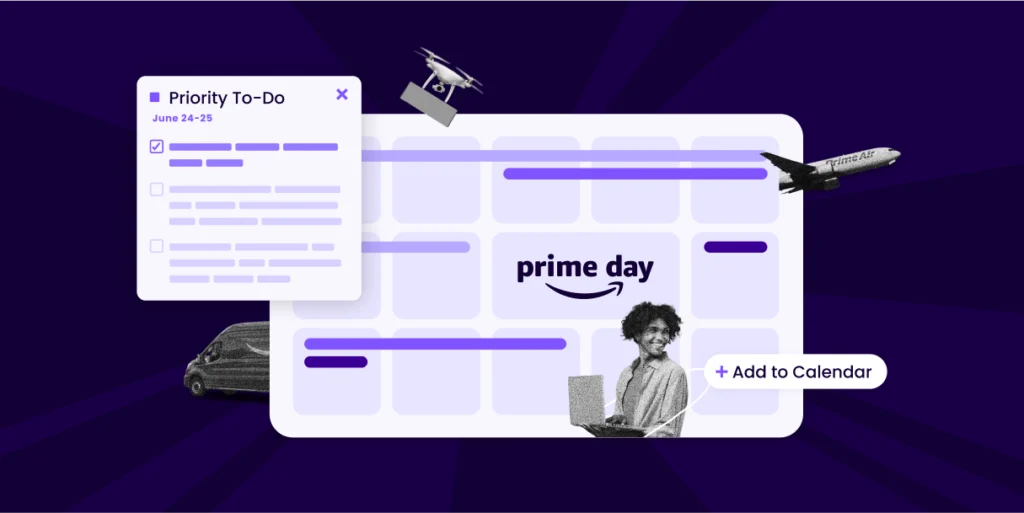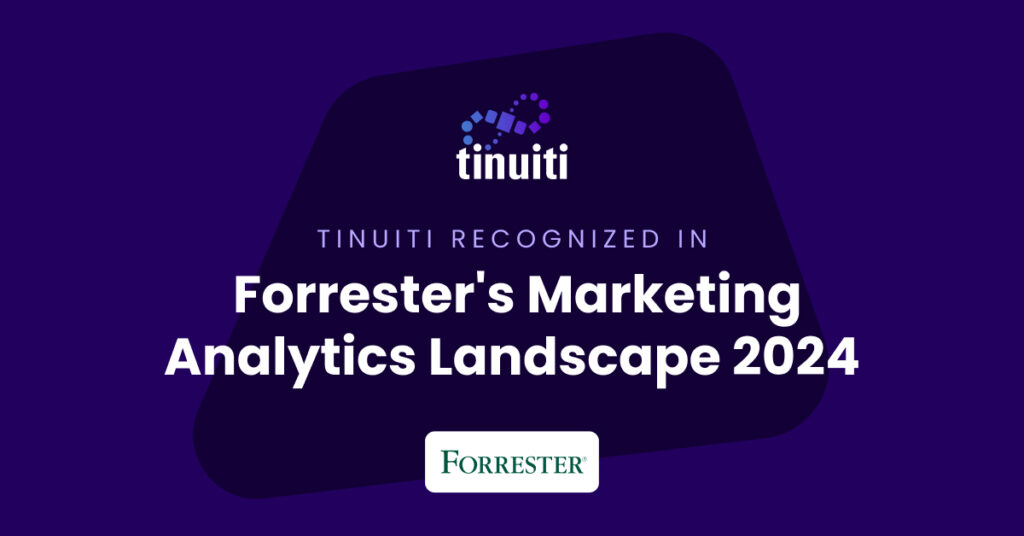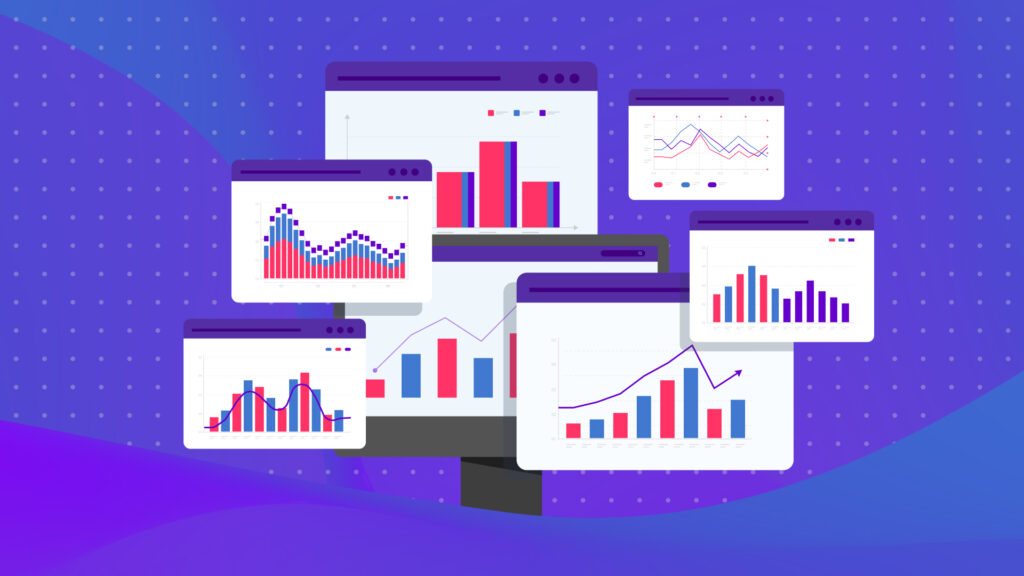In a world where online ad opportunities are growing at lightning speeds, Data Management Platforms (DMPs) have become increasingly important.
Not only can data provide the common link between disparate campaigns and platforms, but it can also power better strategies and provide key insights that help optimize ad buys and improve overall ROI.
New Study: How Do Shoppers Buy CPG Products Online?
But DMPs can be complicated to understand, especially if you’re not familiar with them. If you’d like a 101 look at how DMPs operate, check out our recent blog post.
In the following article, we will take a closer look at one of the more popular data management providers, the Nielsen DMP.
What is Nielsen DMP?
In 2015, Nielsen acquired eXelate, a leading data management platform (DMP) used by the digital media-buying marketplaces. Terms were not disclosed, although the Wall Street Journal reports the price to be in the $200 million range.
“This acquisition allows Nielsen to enable its clients to make better and faster marketing and media decisions,” Nielsen said in a statement announcing the deal, adding that the deal gives it the ability to “activate in real-time Nielsen audience insights as well as eXelate’s aggregated consumer segments from over 200 data providers.”
eXelate’s DMP served as the backbone for what would become the Nielsen Marketing Cloud and the Nielsen DMP, on of the marketing cloud’s core applications. Nielsen Marketing Cloud empowers brands, agencies and media companies to connect more effectively with customers by combining Nielsen’s world-class audience data, media planning, marketing activation, analytics and data management platform capabilities in a fully-integrated platform.

Nielsen DMP Features
- Custom segmentation and layering in Nielsen data to create audience
- Over 60,000 audience segments covering prospective customers’ demographics, personalities, TV viewing habits, audio listening, digital behavior, credit card spending and specific product purchases
- Nielsen Device Graph – consisting of over 9.5 billion unique devices for cross-channel consumer insights and marketing activation
- 2nd party data coop opportunities
- Inflight analysis and optimization of campaigns
- Reach and frequency analysis; Cross-device frequency capping
- Message sequencing
- ROI Analysis utilizing Nielsen data and insights capabilities
- Integrations with any and all marketing platforms
- Nielsen Artificial Intelligence, which supports the most advanced modeling capabilities available
- Campaign and sales analytics and consumer insights
- In terms of integrations, Nielen integrates with over 300 marketing platforms , and regularly provides custom integrations as well.
Nielsen DMP Costs
Pricing is very custom depending on each client, mostly because Nielsen has a lot of other products that they offer. Often they bundle analytics and site products along with core DMP capabilities.
Some of their clients just use the DMP for basic analysis and segmentation purposes, but most of their clients will utilize some capabilities which are able to track ROI, frequency, reach analysis, and more.
One of the key differentiators for Nielsen is the level of service. Many other DMPs charge extra for service or refer their clients to their FAQ site. Nielsen has a more consultative approach where they work with the client to advise on data-strategy and make sure they are able to utilize the DMP to its fullest potential.
For more information on pricing, visit Nielsen’s contact form.
Expert Q&A on Nielsen’s DMP
 We spoke with Shigeki Abe, Director of Client Solutions at Nielsen Marketing Cloud to find out a little more detail about what makes their DMP unique.
We spoke with Shigeki Abe, Director of Client Solutions at Nielsen Marketing Cloud to find out a little more detail about what makes their DMP unique.
About: Shigeki Abe has experience in data analysis and consulting across finance, media, technology, and retail verticals. He has led numerous marketing initiatives for Fortune 100 companies and is the founder of a successful eCommerce business.
Q. What’s the biggest benefit of a Data Management Platform?
Historically, marketers have had to manage their data and their customer base across multiple platforms.
For example, email you have to manage on an email platform, if it’s social you manage it on social – all of those are available on different platforms and each one is siloed from the other.
A data management platform allows companies to bring all of that data under one roof, so they can slice and dice data across all channels, in one place and send that (in different combinations of segments) back out.
I think that’s the most powerful thing, and it’s really something that hasn’t been available up until the past couple years or so.
Q. What sets your company apart from the pack of DMPs?
Nielsen is the world’s largest market research company, so nobody has insights like us. We do market research on what people buy and we work with brands around the world to gather insights on transactions. The Nielsen DMP is very unique in that we overlay our audience data with our clients first-party customer data to provide clients with valuable insights and analytics.
Q. Can you describe a client example of powerful segmentation?
(As seen in the example below) a global pet care company looked to Nielsen for a solution that would allow them to more effectively plan, activate and analyze their marketing campaigns:

Q. What’s on the horizon for DMPs?
1) Machine Learning: With the huge influx of data (big data) that clients have access to, what’s becoming more and more important is to analyze and act on that data in real-time. The Nielsen DMP is only DMP to employ real-time adaptive AI (what data scientists call “online learning”) to enable its clients to immediately respond to changes in consumer behavior.
2) Integrations: In terms of what’s important for DMPs besides data analysis capabilities, I think integrations with other platforms is going to be very important. A DMP that integrates with all the relevant paid and owned marketing platforms is a big deal. It provide marketers with universal connectivity to the entire digital marketing world in a single platform.
3) Segmentation & Insights: I think the other important factor is not just segmenting your audiences but being able to provide deep insights around them. For example, how do you drive more efficient ad spend? Providing a little bit more proactive analysis helps to close the gap.
4) Bring in “offline” sales: Another DMP “what’s on the horizon” takeaway is not just making attribution to online sales but being able to bring in offline sales as well. This is definitely much harder to do, but I think that’s where the industry is headed. DMPs that can’t do this will have a difficult time.
You Might Be Interested In












